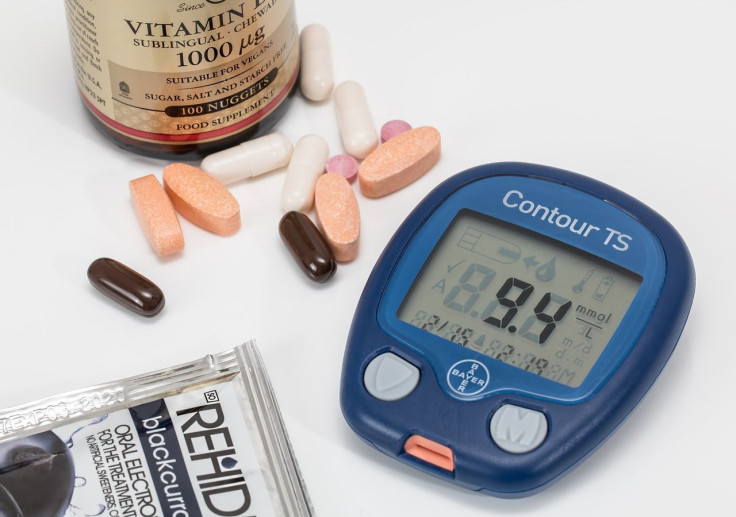COVID-19 Might Trigger Diabetes In Otherwise Healthy Individuals, Clues Suggest

The novel coronavirus damages insulin-producing cells, according to evidence that came from tissue studies and patient reports.
Diabetes is known to be an important risk factor for developing severe COVID-19 and those with the condition are more likely to suffer fatalities. But after observing recent COVID-19 cases, experts suspect that the virus destroys the pancreatic islet cells and trigger diabetes.
In mid-April, Finn Gnadt, an 18-year-old student from Kiel, Germany was diagnosed with COVID-19 despite being asymptomatic. Although Gnadt thought he had endured the coronavirus infection, he began feeling exceedingly thirsty and fatigued. And within a month, he was diagnosed with type 1 diabetes. His doctor opined that the sudden onset of diabetes could be associated with the coronavirus infection, says Nature.
“Diabetes is dynamite if you get COVID-19. Diabetes itself is a pandemic just like the COVID-19 pandemic. The two pandemics could be clashing,” Paul Zimmet, who studies the metabolic disease at Monash University in Melbourne, Australia, told Nature.
Zimmet and several other researchers believe that diabetes doesn’t just make people vulnerable to COVID-19, but that the virus might also trigger diabetes in some people.
Growing Evidence on the association between COVID-19 and diabetes
- Many people infected with SARS-CoV-2 went to hospitals with extremely high blood sugar levels and ketones. When the body doesn’t make a sufficient amount of insulin hormone to break down sugar, it uses ketones as an alternative source of fuel. Ketones are produced from fatty deposits in the liver.
- Other viruses including the one that is responsible for Severe Acute Respiratory Syndrome (SARS) have been associated with autoimmune diseases like type 1 diabetes. SARS-CoV-2 uses ACE2 protein to infect host cells and several organs involved in blood sugar regulation are rich in this protein.
- Another clue is that an experimental study conducted in miniature lab-grown pancreas revealed that SARS-CoV-2 infection can induce new-onset diabetes.
CoviDiab Registry
A new initiative is currently underway to collect information on COVID-19 patients and high blood sugar levels who do not have a history of diabetes. The new global database is established by an international group of leading diabetes researchers to investigate the pathogenesis, management, and outcomes of COVID-19-related diabetes.
© Copyright IBTimes 2025. All rights reserved.






















